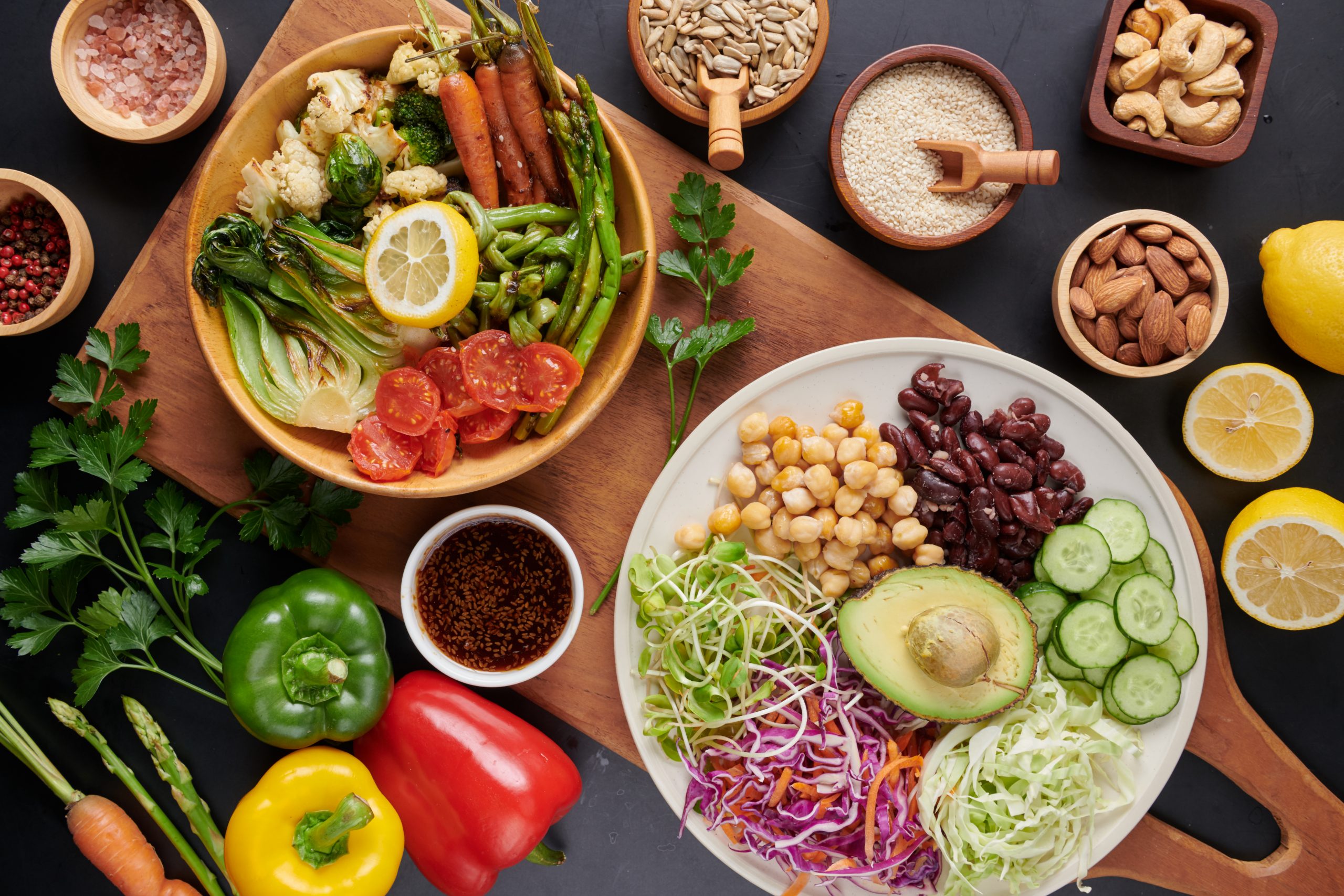Physical Address
304 North Cardinal St.
Dorchester Center, MA 02124
Physical Address
304 North Cardinal St.
Dorchester Center, MA 02124

About 16.4 million people have chronic obstructive pulmonary disease (COPD). Millions more have her COPD but don’t know it. This condition can cause inflammation in the lungs and affect the flow of air in and out of the lungs.
With no cure, it’s important to do what you can to manage your condition. Read on to learn how to develop a healthy COPD diet. With these tips, you can be sure you’re getting the nutrients you need to fight infection.
Use these foods to create a healthy eating plan for COPD.
drink up
First, stay hydrated. Your body needs water to carry healing nutrients throughout your body.
Concentrate on 6-8 8 ounce glasses of water daily. Drinking water thins the mucus and makes it easier to cough.
Otherwise, try to reduce your caffeine consumption. In some cases, caffeinated beverages may adversely affect his interaction with his COPD medication. These drinks include:
coffee
Carbonated water
tea
energy drink
It is recommended that you consult your doctor about whether it is safe to drink alcohol. You may be advised to avoid alcohol altogether, especially if the medication has side effects. In some cases, drinking alcohol may make it harder to produce phlegm.
You can also slow down your breathing rate.
what to eat
One study observed that a ketogenic diet may reduce carbon footprint and improve symptoms of COPD. A keto diet that focuses on reducing carbs and increasing healthy fats and proteins.
Try heating up a quality protein such as:
Fatty fish (salmon, mackerel, sardines)
poultry
egg
Grass-fed meat
Oily fish are a great source of healthy fats, protein and omega-3 fatty acids. Remember to eat plenty of fruits and vegetables. Try eating low-starch, low-carb vegetables such as potatoes. Fruits and vegetables are rich in fiber, vitamins and minerals that improve organ function.
For better lung function, choose potassium-rich foods such as:
Avocado
banana
orange
green, leafy vegetables
tomato
You too can benefit from adding complex carbohydrates to your COPD diet. Complex carbohydrates are high in fiber and help control blood sugar levels. It’s also great for improving digestive health.
Complex carbohydrates include:
lens
beans
Bran
potato
Don’t forget healthy fats! Try using nuts, seeds, and olive oil in your favorite dishes for a COPD diet.
These foods can make coping with COPD much easier.
what to avoid
Avoiding certain foods is also important. For example, don’t eat too much salt, which can impair lung function. Instead, use unsalted herbs and spices in your cooking.
Foods to avoid with COPD include:
Grape
pineapple
berry
melon
Apple
peach
apricot
cauliflower
beans
onion
beans
Knowing which foods to avoid when you have COPD can improve your health and well-being.
Happier and healthier with a better COPD diet
Develop a smarter, healthier COPD diet. These tips will help you focus on your health and keep COPD symptoms under control. Enjoy your next meal today with these tips.